-
November 5, 2012 Sabatini Building, Auditorium
Session 1. Final Essay for Utopia
Andrés Duque (Spain, 2012)

-
November 7, 2012 Sabatini Building, Auditorium
Session 2. Kanimambo
Abdelatif Hwidar, Carla Subirana and Adán Aliaga (Spain, 2012)
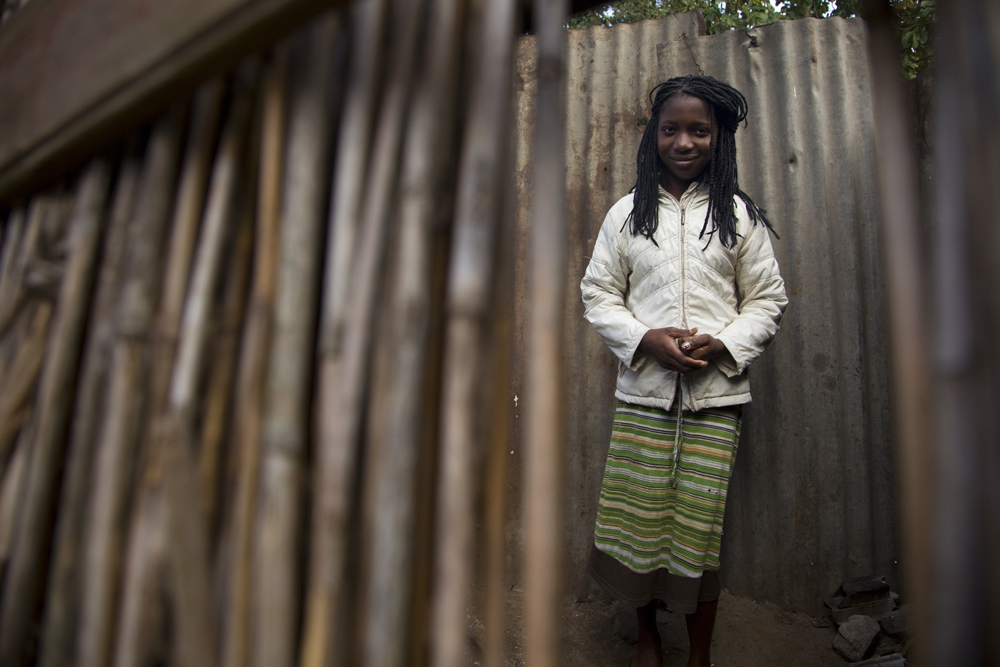
-
November 8, 2012 Sabatini Building, Auditorium
Session 3. ElectroClass
María Ruido (Spain, 2011)
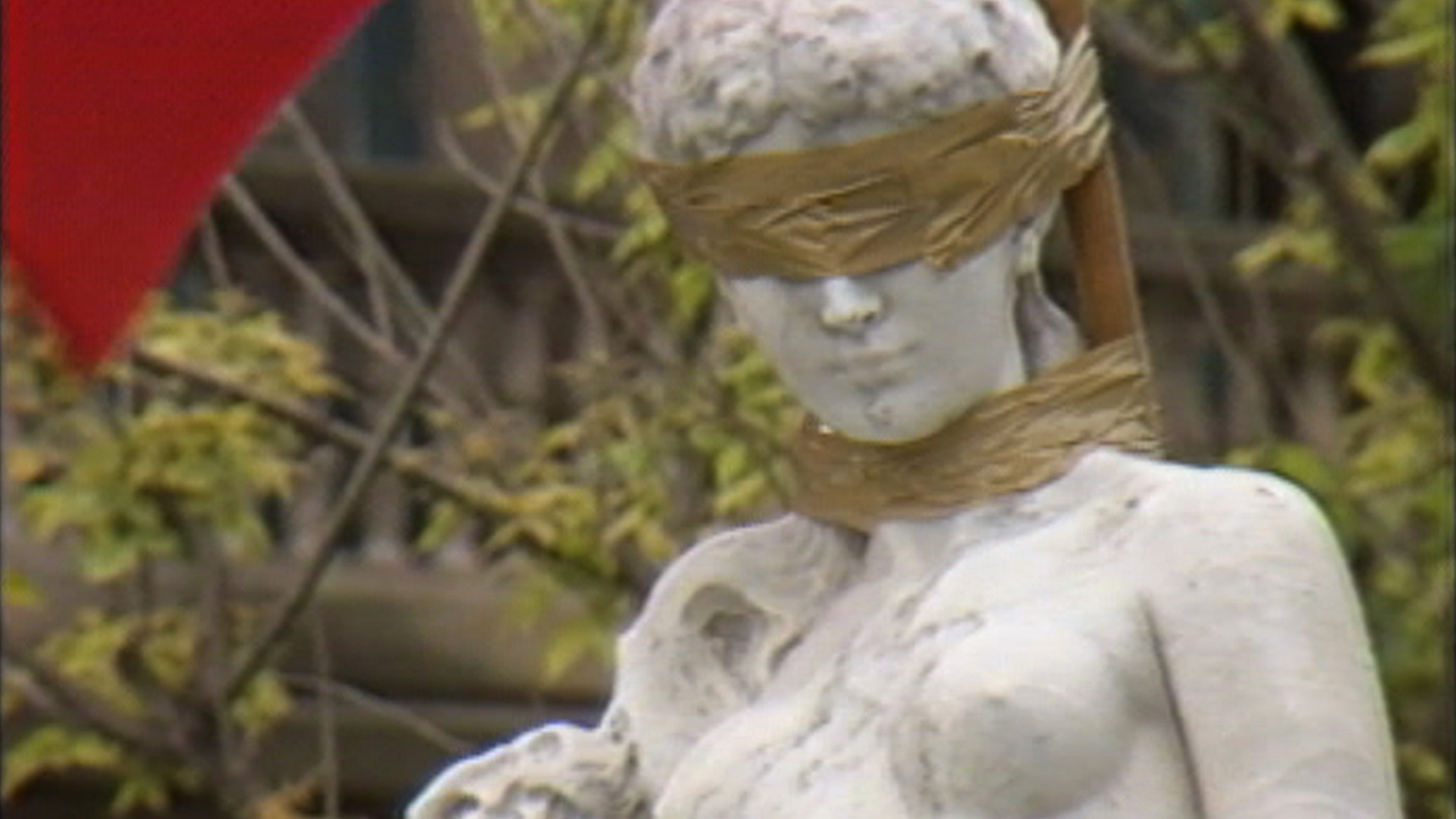
-
November 12, 2012 Sabatini Building, Auditorium
Session 4. January, 2012 or The apotheosis of Isabella the Catholic
Los Hijos (Spain, 2012)
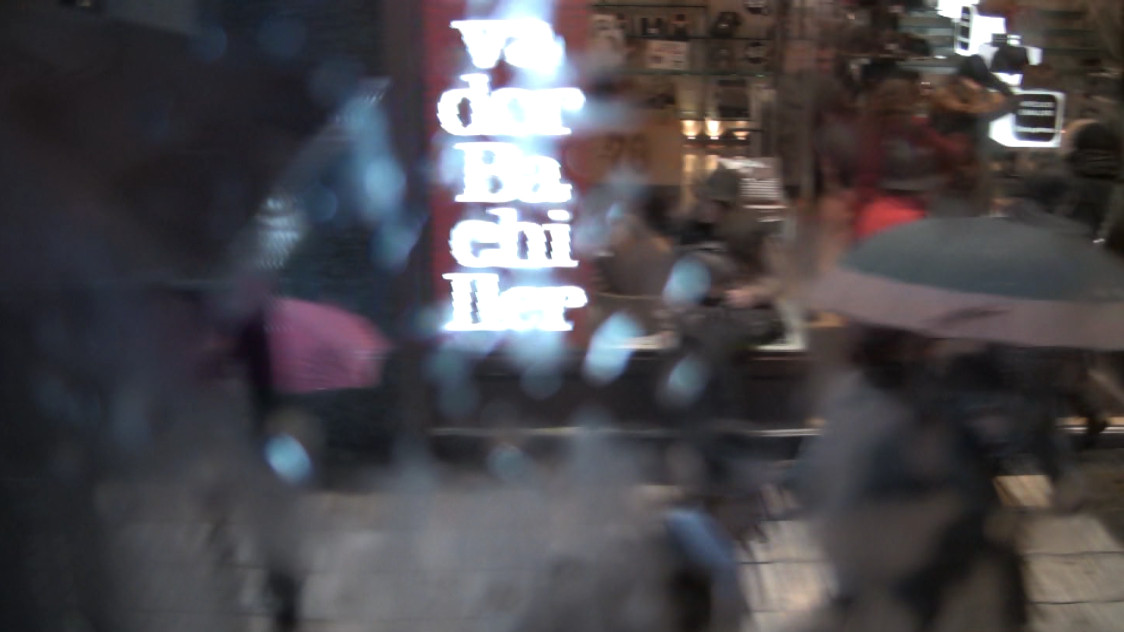
-
November 16, 2012 Sabatini Building, Auditorium
Session 5. Edificio España
Víctor Moreno (Spain, 2012)
For reasons beyond the control of the organisers, this session has been cancelled
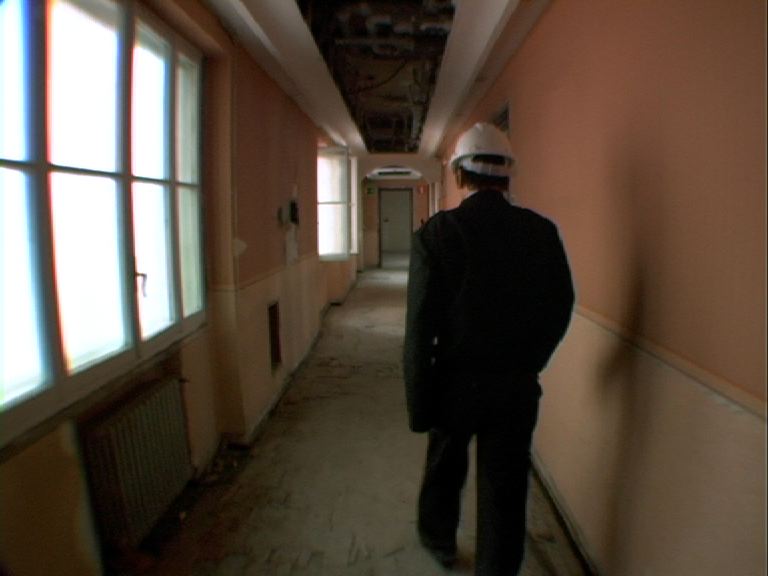
-
November 19, 2012 Sabatini Building, Auditorium
Session 6. Vikingland
Xurxo Chirro (Spain, 2011)
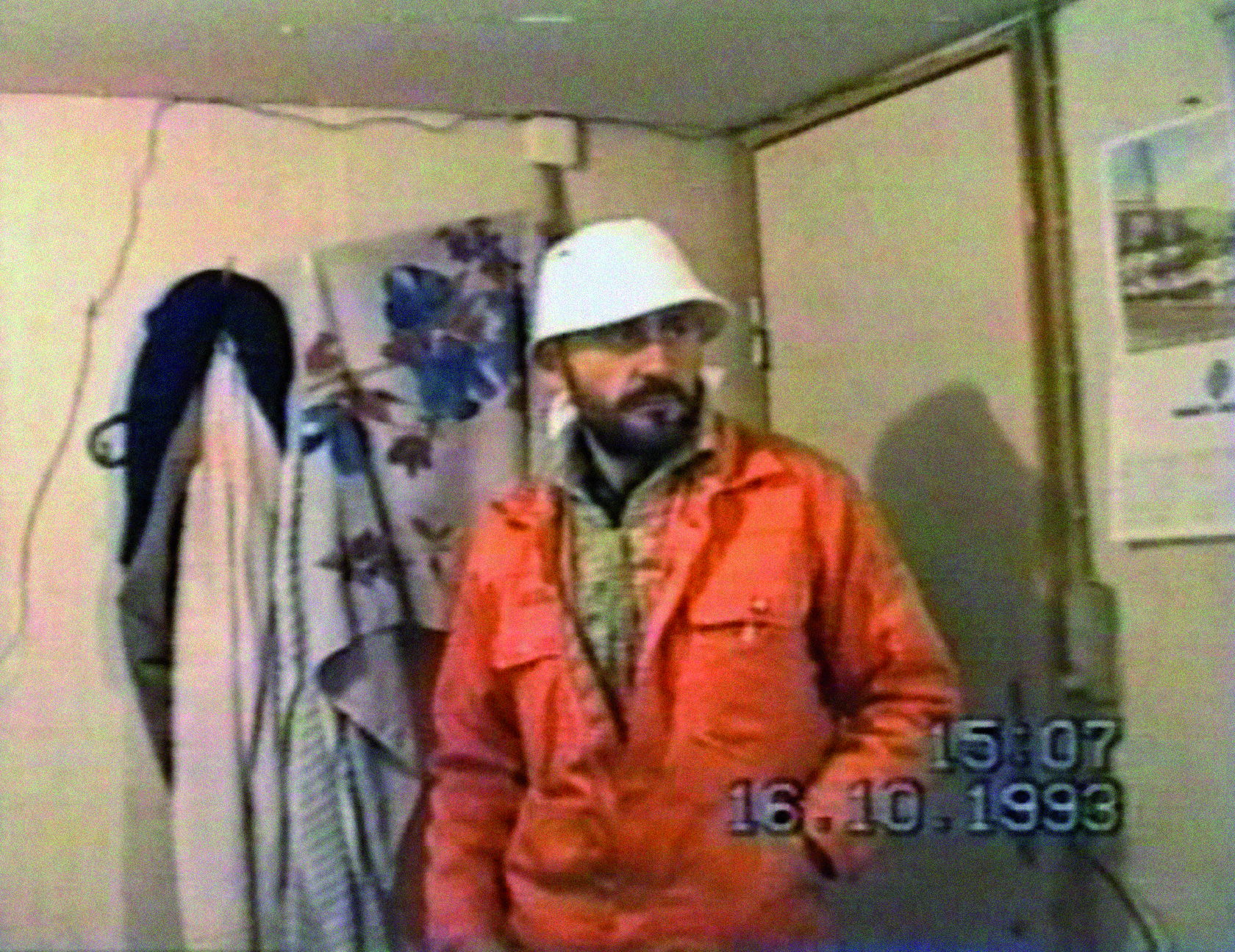
-
November 23, 2012 Sabatini Building, Auditorium
Session 7. Los Ulises
Alberto García Ortiz and Agatha Maciaszek (Spain, 2011)
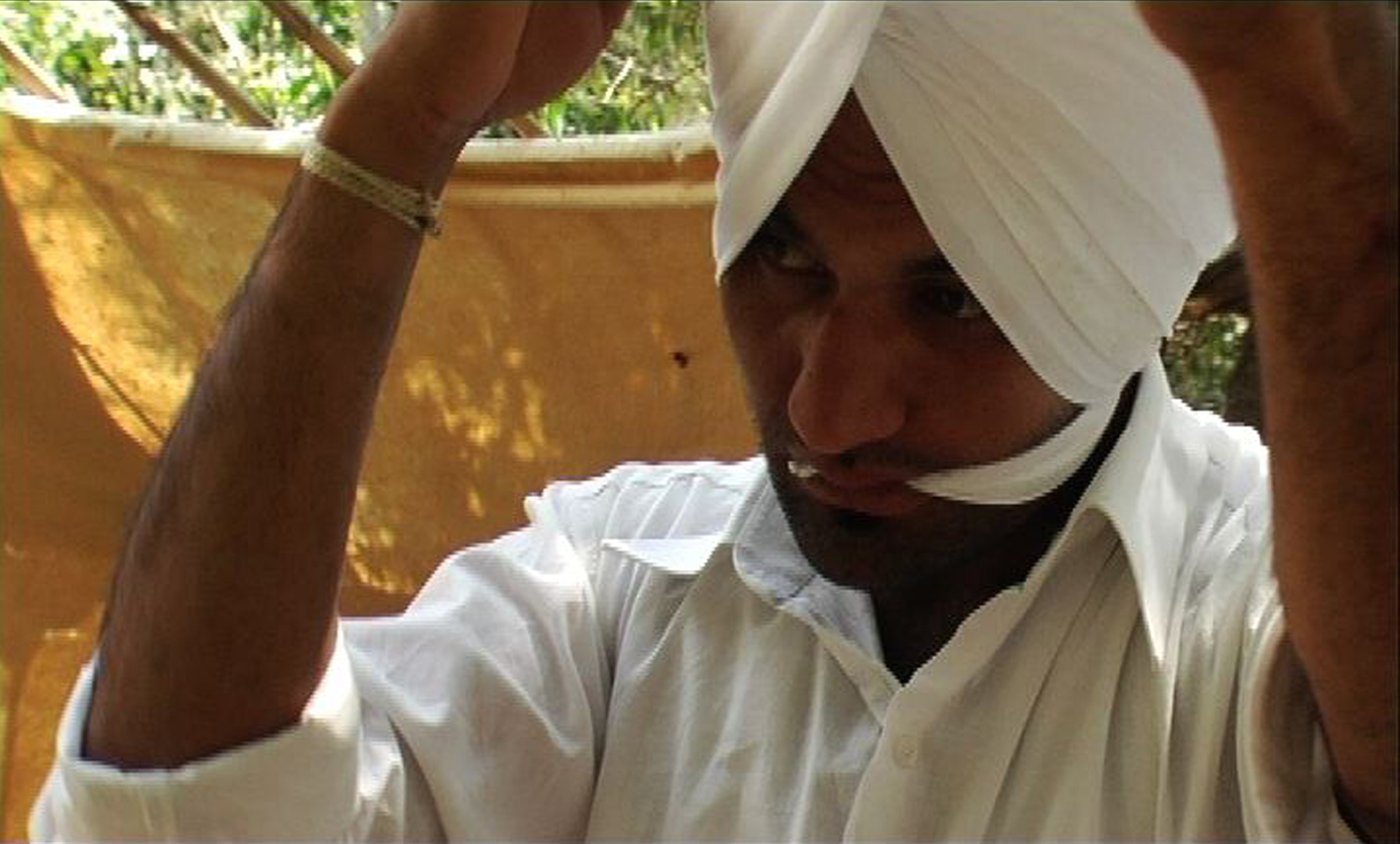
-
November 26, 2012 Sabatini Building, Auditorium
Session 8. Futures Market
Mercedes Álvarez (Spain, 2011)
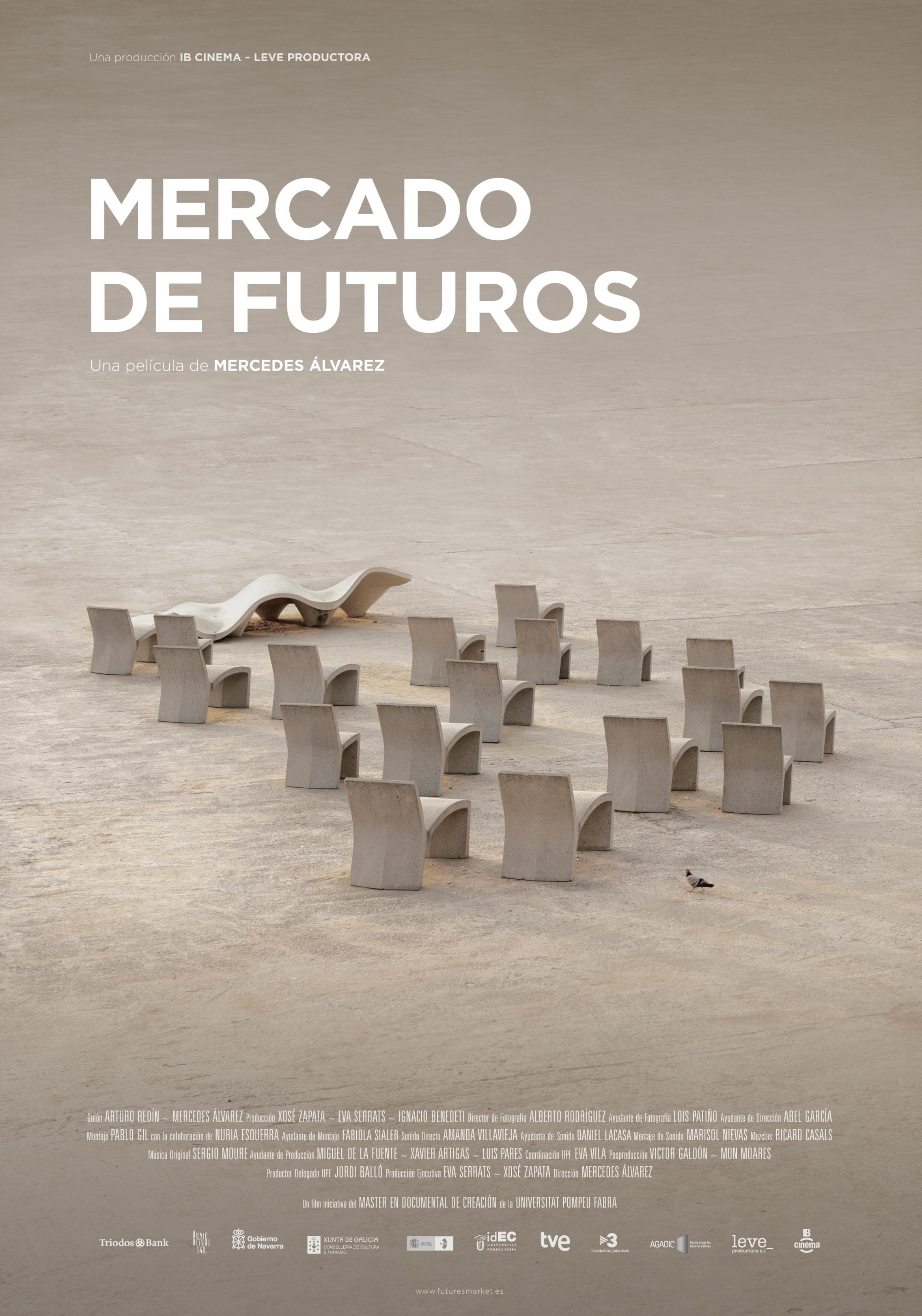
-
November 30, 2012 Sabatini Building, Auditorium
Session 9. [NO – RES]
Xavier Artigas (Spain, 2012)
![[No - Res] (Xavier Artigas, 2012) [No - Res] (Xavier Artigas, 2012)](https://recursos.museoreinasofia.es/legacy_programs/no_-_res_xavier_artigas_2012.jpg)
-
December 3 and 4, 2012 Sabatini Building, Auditorium
Session 10. 15M: Excellent. Salutary. Important.
Stéphane M. Grueso (Spain, 2012)

-
December 5, 2012 Sabatini Building, Auditorium
Session 11. I want you free
Basilio Martín Patino (Spain, 2012)

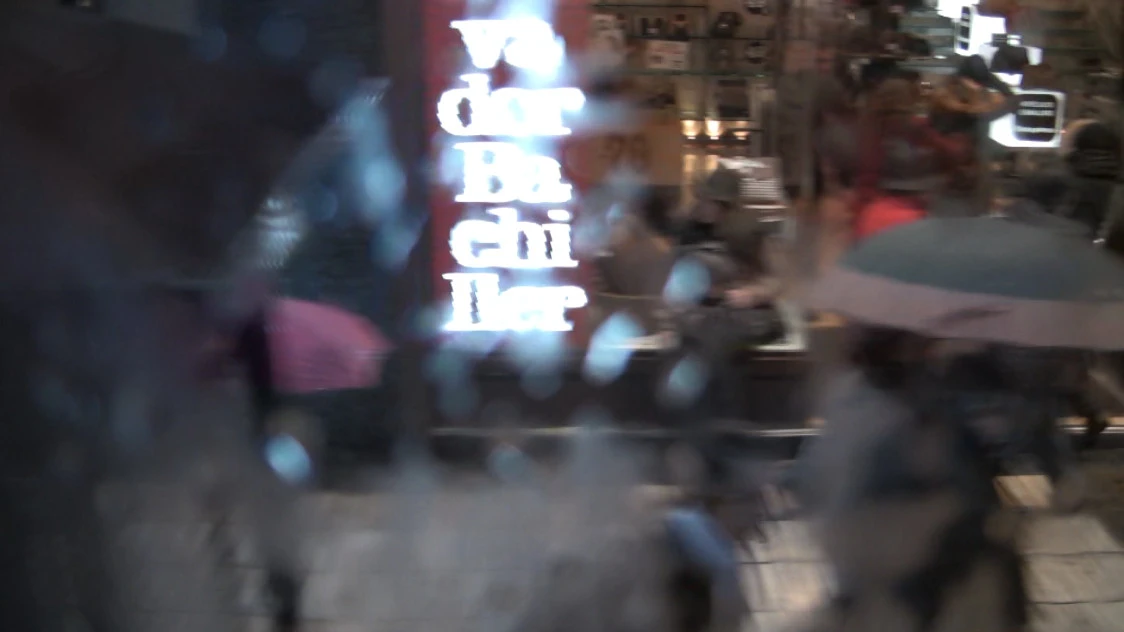
Held on 05 nov 2012
The series The urgencies of contemporaneity brings together eleven non-fiction productions - made in 2011 and 2012 - that address, from a variety of perspectives, the necessity of showing that a process of transformation is underway. This situation of change is visible not only in the themes chosen.
The films shown question both the traditional ways of representing the real in documentary film and also the different structures of narrative. In so doing, they propose new formats for the production and promotion of visual discourses that inquire into today's systemic crisis, whether through collective creation, unrestricted distribution using Creative Commons licenses, the use of transversal formats or "crowdfunding" (collective fundraising via the Internet). All of the productions in this series have in common a stated intention to show and an explicit desire to see what is happening all around us, while taking care to avoid any single-truth or totalising discourse about the world.
New forms of documentary in Spain. The urgencies of contemporaneity is structured around three main arguments.
First of all, the effects that the current economic paradigm, its exhaustion and its possible substitutes, based on alternative models, such as the creative economy, are having on the city and its inhabitants. Futures market (Mercedes Álvarez, 2011), ElectroClass (María Ruido, 2011), The Building (Víctor Moreno, 2012), January, 2012 or The apotheosis of Isabella the Catholic (Los Hijos, 2012) and [No-res] Life and death of a space in three acts (Xavier Artigas, 2012) fall within this block.
Secondly, the journey, understood as a reflection on the mechanisms with which memory and personal and collective identity are built, thus converting individual discourse into a social discourse. Included in this section are Final essay for utopia (Andrés Duque, 2012), Kanimambo (Abdelatif Hwidar, Carla Subirana and Adán Aliaga, 2012), Vikingland (Xurxo Chirro, 2011) and The Ulysses (Agatha Maciaszek and Alberto García Ortiz, 2011).
Thirdly, and finally, the new constitutive processes which have arisen from the discontentment felt towards traditional forms of political action. Particularly, those processes related to the crisis underway in a certain idea and governing system, as manifested by recent social uprisings. 15M: Excellent. Salutary. Important (Stéphane M. Grueso, 2012) and I want you free (Basilio Martín Patino, 2012) are both clear examples of this situation.
New forms of documentary in Spain also seeks to open up a new area in contemporary museums, a space for thinking about audiovisuals. To do so, it actively distances itself from film screenings as autonomous and independent events, and instead tries to combine them with presentations and workshops led by the filmmakers. Furthermore, it casts doubt on the distinction usually made between museum cinema and festival cinema, by bringing together filmmakers from both spaces, which are traditionally separated, if not opposed. At the same time, it extends this condition to how it is organized since, having been proposed by the Museo Reina Sofía and the Ministry of Culture's ICAA, it represents an effort to bring about joint institutional actions that, like the documentaries shown, start with the notion of crisis as an opportunity for change.
Co-organised by
Museo Reina Sofía and ICAA
Text
Jara Fernández
Programmed by
Jara Fernández and Chema González
Itinerancies
Palacio de los Condes de Gabia, Diputación de Granada
24 January, 2012 - 8 March, 2012
Museo Nacional Centro de Arte Reina Sofía, Madrid
5 November, 2012 - 5 December, 2012
Más actividades
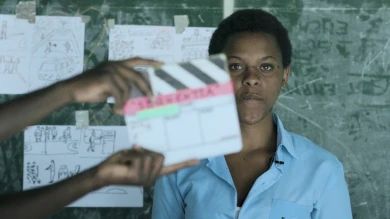
Christian Nyampeta and the École du soir
13, 14, 15 NOV, 11, 12, 13 DIC 2025
Christian Nyampeta is a Rwandan artist, musician and film-maker whose work encompasses pedagogies and community forms of knowledge production and transmission. His Ècole du soir (Evening School) is an art project conceived as a mobile space of collective learning and is named in homage to Ousmane Sembène (1923–2007), a pioneer of African cinema who defined his films as “evening classes” for the people, a medium of education and emancipation through culture.
This block is made up of three double sessions: the video work of Christian Nyampeta, the films of École du soir and one of Ousmane Sèmbene’s feature-length films. Nyampeta will introduce all three first sessions.
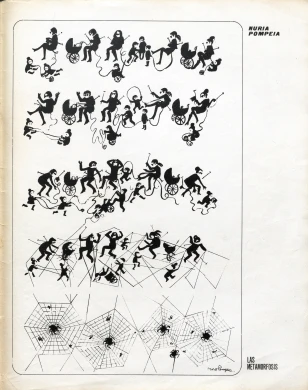
Crossed Vignettes
Friday, 21 November 2025 – Check programme
The Crossed Vignettes conference analyses the authorship of comics created by women from an intergenerational perspective and draws from the Museo Reina Sofía Collections. Across different round-table discussions, the programme features the participation of illustrators Marika, Carla Berrocal, Laura Pérez Vernetti and Bea Lema and researchers Viviane Alary, Virginie Giuliana and Elisa McCausland.
The aim of the encounter is twofold: to explore in greater depth the different forms in which women comic book artists have contributed to developing a counterculture; namely, the appearance of ruptures, reformulations and new genres within the ninth art. And to set up a dialogue which ignites an exploration of genealogies linking different generations of artists.
Moreover, the activity is put forward as a continuation to the exhibition Young Ladies the World Over, Unite! Women Adult Comic Book Writers (1967–1993) and the First International Conference on Feminist Comic Book Genealogies, held in April 2024 at the Complutense University of Madrid.
In redefining the visual narratives of the comic book and questioning gender stereotypes in a male-dominated world, women comic book writers and artists have impelled greater visibility and a more prominent role for women in this sphere. The study of intergenerational dialogue between female artists past and present enables an analysis of the way in which these voices reinterpret and carry the legacy of their predecessors, contributing new perspectives, forms of artistic expression and a gender-based hybridisation which enhances the world of comics.
The conference, organised jointly by the Museo Reina Sofía and Université Clermont Auvergne/CELIS (UR4280), is the outcome of the following projects: The Spanish Artistic Canon. Between Critical Literature and Popular Culture: Propaganda, Debates, Advertising (1959–1992), Casa de Velázquez (CALC); Horizon Europa COST Actions iCOn-MICs (Comics and Graphic Novels from the Iberian Cultural Area); and COS-MICs (Comics and Sciences).
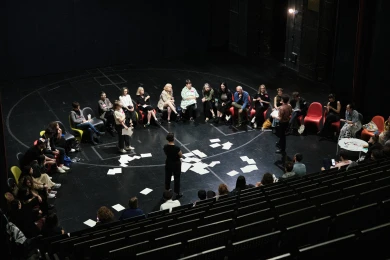
UP/ROOTING
11, 12, 13, 14, 15, 16 NOV 2025
Museo Reina Sofía and MACBA Museu d'Art Contemporani de Barcelona (MACBA) invite applications for the 2025 iteration of the School of Common Knowledge, which will take place from November 11th to 16th in Madrid and Barcelona.
The School of Common Knowledge (SCK) draws on the network, knowledge and experience of L’Internationale, a confederation of museums, art organizations and universities that strives to reimagine and practice internationalism, solidarity and communality within the cultural field. This year, the SCK program focuses on the contested and dynamic notions of rooting and uprooting in the framework of present —colonial, migrant, situated, and ecological— complexities.
Building on the legacy of the Glossary of Common Knowledge and the current European program Museum of the Commons, the SCK invites participants to reflect on the power of language to shape our understanding of art and society through a co-learning methodology. Its ambition is to be both nomadic and situated, looking at specific cultural and geopolitical situations while exploring their relations and interdependencies with the rest of the world.
In the current context fraught with war and genocide, the criminalization of migration and hyper-identitarianism, concepts such as un/belonging become unstable and in need of collective rethinking:
How can we reframe the sense and practice of belonging away from reductive nationalist paradigms or the violence of displacement? How to critically hold the entanglement of the colonial routes and the cultural roots we are part of? What do we do with the toxic legacies we inherit? And with the emancipatory genealogies and practices that we choose to align with? Can a renewed practice of belonging and coalition-making through affinity be part of a process of dis/identification? What geographies —cultural, artistic, political— do these practices of de/centering, up/rooting, un/belonging and dis/alignment designate?
Departing from these questions, the program consists of a series of visits to situated initiatives (including Museo Situado, Paisanaje and MACBA's Kitchen, to name a few), engagements with the exhibitions and projects on view (Project a Black Planet: The Art and Culture from Panafrica), a keynote lecture by Stefano Harney and Fred Moten, as well as daily reading and discussion gatherings, editorial harvest sessions, and conviviality moments.
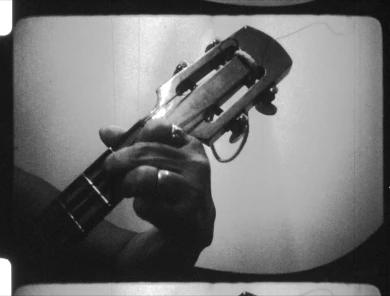
The Joaquim Jordà Residencies 2025
Friday, 7 November 2025 - 7pm
In this activity, the recipients of the 2024–2025 Joaquim Jordà Residencies call, María Aparicio (Argentina, 1992) and Andrés Jurado (Colombia, 1980), present respective projects related to their body of work in an open session in which to discover the creative interests of two of the most up-and-coming independent film-makers in Latin America today.
María Aparicio presents the working process behind her film De sol a sol (From Sun to Sun), along with a brief journey through the films prior to this project and her filmic searches in recent years. Aparicio synthesises the storyline of De sol a sol from the silhouettes of a group of men who appear between the stalks of a reedbed. Their knives glisten as the sun hits them, flashing and disappearing with their hand movements. Apprentices split the canes using no method; seasoned workers cut with skill. They are workers from a sugar mill in northern Argentina and are watched by Juan Bialet Massé, accompanied by Rosich, assistant and photographer. It is Argentina in 1904 and he is carrying out a mission assigned to him by his country’s government: to travel the Argentinian provinces, reporting on the state of the working classes.
Andrés Jurado, for his part, will look over his own work and the work of the La Vulcanizadora lab in this session. He will also open the archive stemming from the research process in the project Tonada, a journey through the succession of peace agreement betrayals in the history of Colombia. From the colonial era, understood in tumultuous terms, as a hurricane that keeps swirling, to the present day he traces the stories of people like Tacurrumbí, Benkos Biohó, Bateman and the many women and men who were betrayed by governments and oppressors. Tonada seeks to build a sound and film dialogue between the guerrilla disarmament of 1953 and the period following the peace agreement of 2016, invoking these and other events and confronting traumas of betrayal through a film composition devised to be sung. But what is sung? Some of these songs are heard and voices are shared in this presentation.
The Joaquim Jordà Residences programme for film-makers and artists was set in motion by the Museo Reina Sofía in 2022. The initiative comprises a grant for writing a film project rooted in experimentation and essay, as well as two subsequent residencies in FIDMarseille and Doclisboa, international film festivals devoted to exploring non-fictional film and new forms of audiovisual expression.
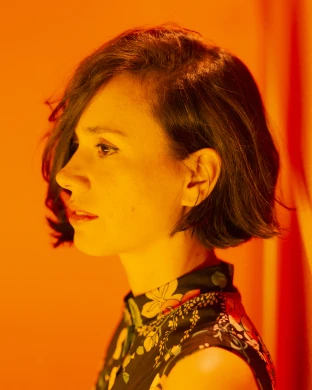
Ylia and Marta Pang
Thursday, 6 November - 8pm
The encounter between Spanish DJ and producer Ylia and visual artist Marta Pang is presented in the form of a premiere in the Museo Reina Sofía. Both artists converge from divergent trajectories to give form to a new project conceived specifically for this series, which aims to create new stage projects by setting out from the friction between artists and dialogue between disciplines.
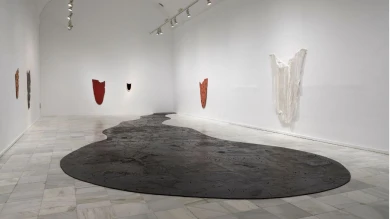
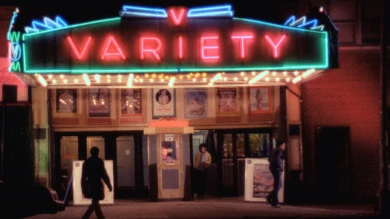
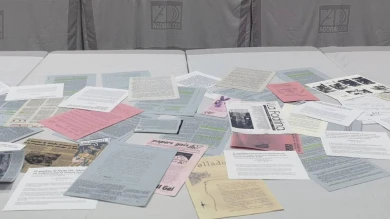
![Miguel Brieva, ilustración de la novela infantil Manuela y los Cakirukos (Reservoir Books, 2022) [izquierda] y Cibeles no conduzcas, 2023 [derecha]. Cortesía del artista](https://recursos.museoreinasofia.es/styles/small_landscape/public/Actividades/ecologias_del_deseo_utopico.jpg.webp)
![Ángel Alonso, Charbon [Carbón], 1964. Museo Reina Sofía](https://recursos.museoreinasofia.es/styles/small_landscape/public/Actividades/perspectivas_ecoambientales.jpg.webp)